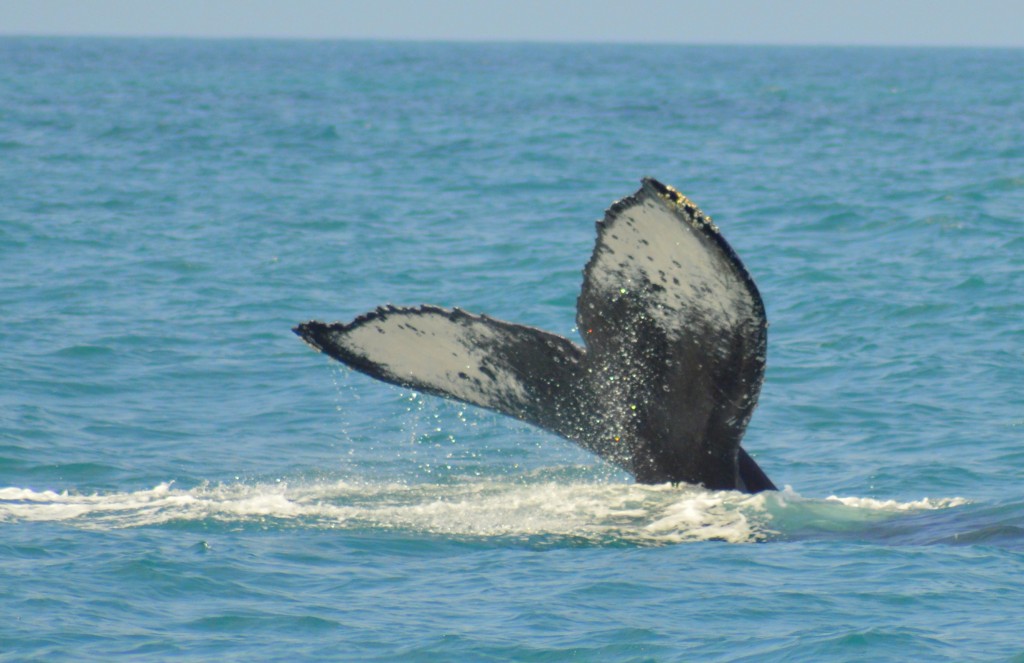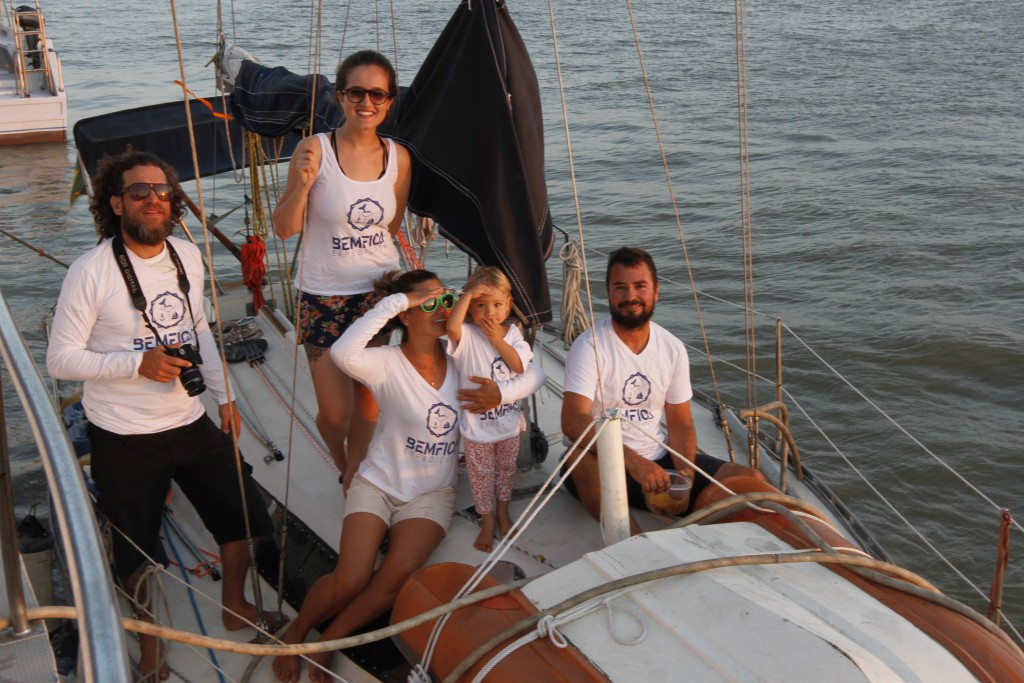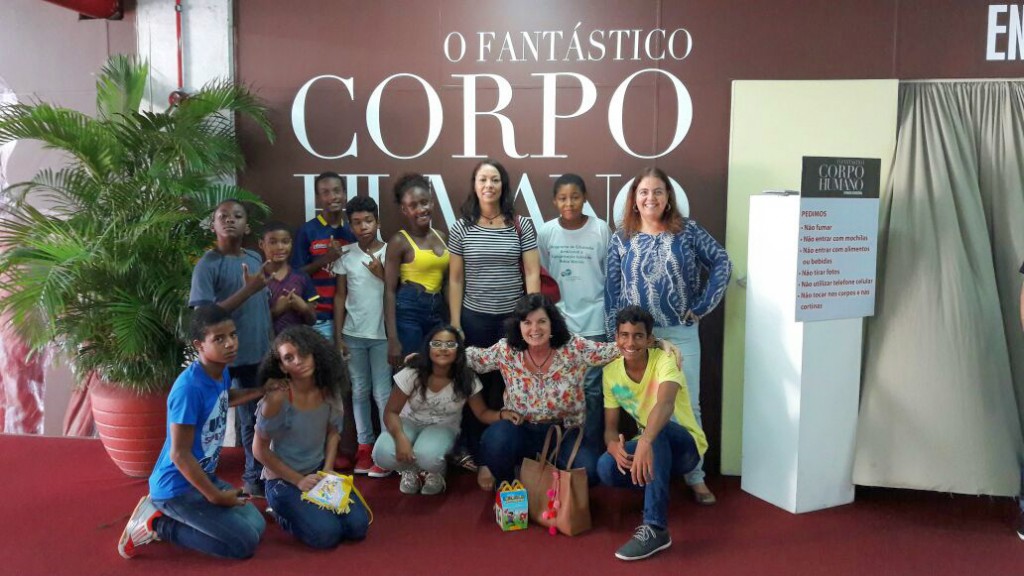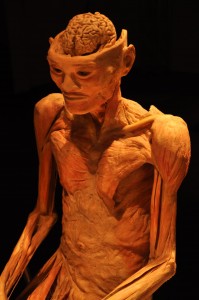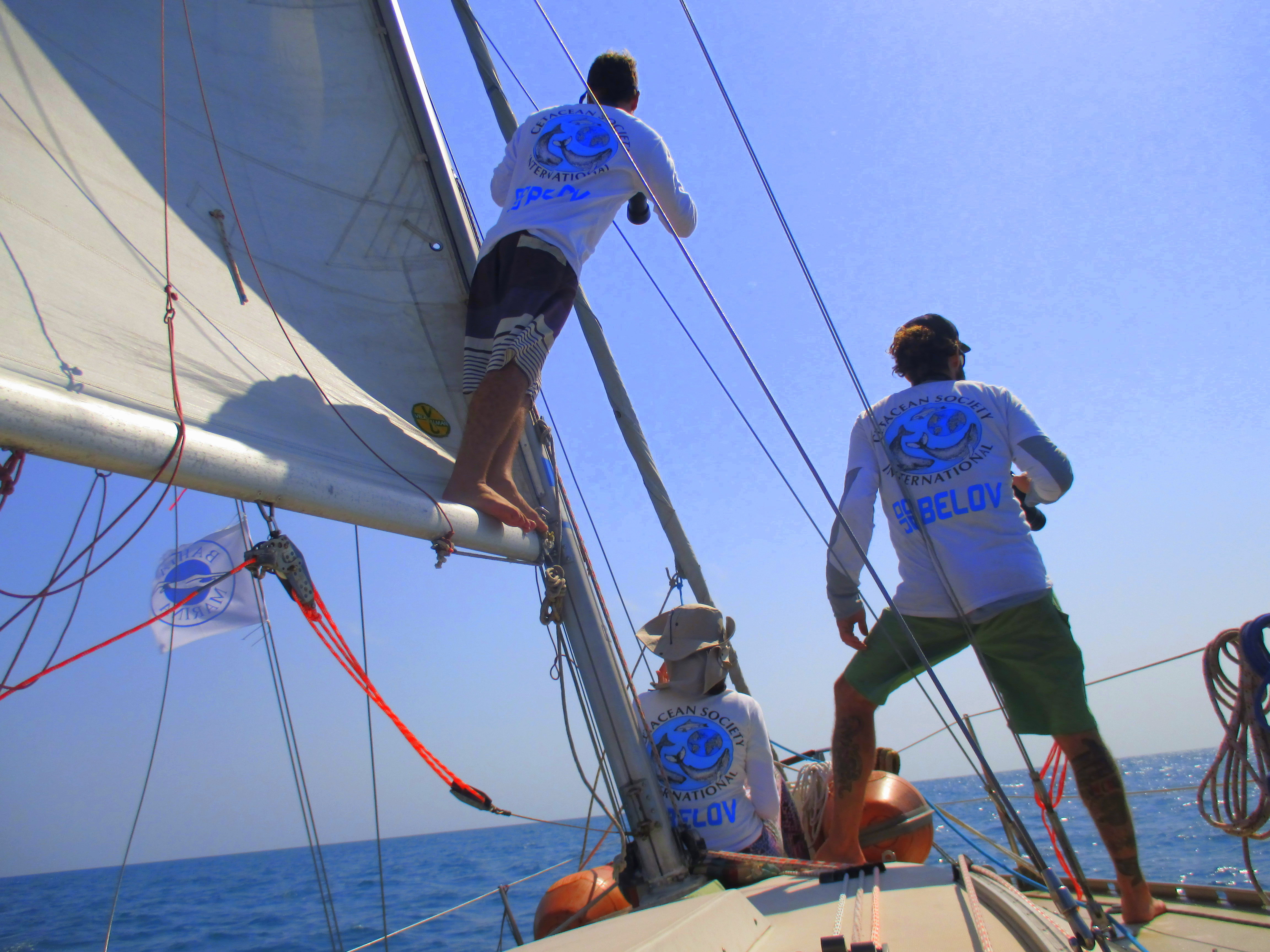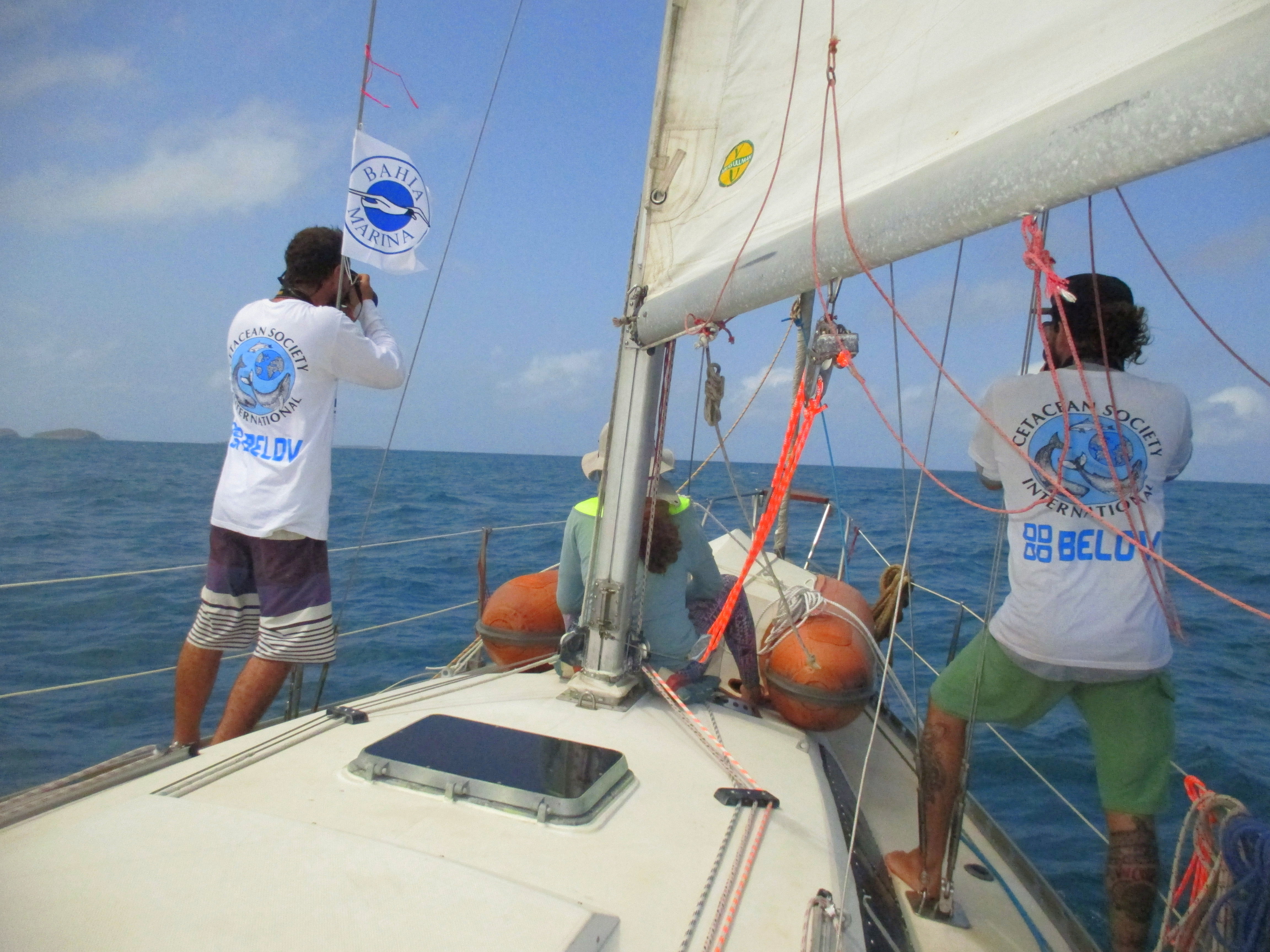O veleiro Lucky Lady, de 30 pés, partiu da Bahia Marina com cinco tripulantes e o objetivo de realizar pesquisa de mapeamento acústico das baleias jubarte na costa da Bahia. Seu destino foi o Parque Nacional Marinho de Abrolhos, para realizar a I Expedição Científica Bioacústica à Vela. Através do monitoramento sonoro com hidrofone e gravador digital, foi captado o canto das baleias jubarte, espécie-bandeira migratória, que frequenta o litoral baiano entre julho e novembro, período reprodutivo desta espécie. Este é um trabalho inédito no país e tem o objetivo de contribuir com a preservação marinha.
Esta pesquisa é realizada pela Bemfica Expedições e financiada pela Cetacean Society International, Bahia Marina e Belov Engenharia. Em Abrolhos, a equipe contou com o apoio da Marinha do Brasil e Instituto Baleia Jubarte (IBJ) base Caravelas.
Segundo os pesquisadores da Expedição, uma das principais características desta espécie é o canto realizado pelos machos com função de reprodução. Esses sons serão utilizados para fornecer estimativas de quantos “cantores” habitam a rota entre Salvador e Abrolhos e onde eles se concentram.
As gravações dos sons das baleias foram realizadas a cada três horas, por cinco a dez minutos. Neste percurso, foram avistados 23 grupos de baleias jubarte, totalizando 54 indivíduos e 43 pontos de gravação. Em todos os pontos de gravação foram detectados o canto da jubarte, confirmando que toda a região é intensamente frequentada como área reprodutiva.
A Expedição totalizou 750 milhas náuticas navegadas em 130 horas, sendo 100 horas apenas à vela. Esta foi uma preocupação sustentável em todas as esferas da pesquisa, tanto para o consumo de combustível – apenas 100 litros de diesel foram consumidos durante todo o percurso, quanto para o consumo de água e produção de energia.
Esta pesquisa está sendo coordenada pelo professor doutor Marcos Rossi-Santos, do Laboratório de Ecologia Acústica e Comportamento Animal, da Universidade Federal do Recôncavo da Bahia (UFRB), que também atua junto ao Programa de Pós Graduação em Ecologia e Biomonitoramento da Universidade Federal da Bahia (UFBA).
A estudante de mestrado do programa e aluna do veleiro escola Fraternidade, de Aleixo Belov, Tais Bemfica, compõe a tripulação, juntamente com o capitão e biólogo, Daniel Lewis, a estudante de graduação em biologia Clara Resende e a marinheira Sophie Bemfica Lewis, de apenas dois anos de idade.
Para a diretora da Bahia Marina, Leilane Loureiro, oferecer apoio para a pesquisa acadêmica é essencial para o progresso. “E se tratando de um estudo inédito, com dados únicos, as informações se transformam em uma ferramenta de conservação e de monitoramento marinho”, destaca.
